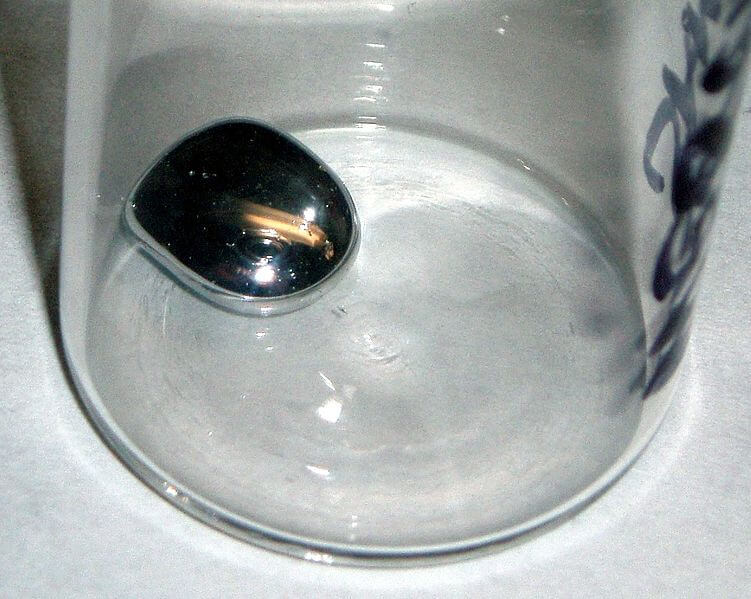 Japan hosted, earlier this month, the subscription ceremony of a groundbreaking global treaty to reduce mercury pollution. The Minamata Convention, signed by 92 countries, spells “the beginning of the end of mercury as a threat to human health and the environment”, said Achim Steiner, executive director of the UN Environment Programme (UNEP), the site All Africa reports.
Japan hosted, earlier this month, the subscription ceremony of a groundbreaking global treaty to reduce mercury pollution. The Minamata Convention, signed by 92 countries, spells “the beginning of the end of mercury as a threat to human health and the environment”, said Achim Steiner, executive director of the UN Environment Programme (UNEP), the site All Africa reports.
Now that the treaty is signed, there’s still a lot of work to do in order to provide the necessary funding and technical advice needed to implement the anti-mercury measures, expanding the monitoring capacity worldwide. The Minamata Convention treaty will come into force once 50 countries have ratified it.
Tim Kasten, deputy director of UNEP’s Division of Environmental Policy Implementation, told SciDev.Net that:
We’re hoping that it will take a maximum of three years for ratification and that we will have early ratification based on the overwhelming support we have seen here, with 92 signatories and 139 countries in attendance.
The document proposes the ban of several mercury products by 2020 and plans to forbid the mining of fresh mercury and mercury emissions from new power plants within 15 years of the treaty coming into effect. The signatory countries will also have to draw up plans to fight artisanal and small-scale gold mining operations that use mercury.
In the meantime, while the treaty is not ratified, the countries must identify the type of assistance they will need and also work on mercury inventories. Kasten added that:
[This work] includes a thorough scientific review of the mercury problems in their country – where the sources are, what kind of products are being made, what kind of emissions they may have.
Western nations and international funds are expected to donate funds and assist with this and other treaty requirements.
